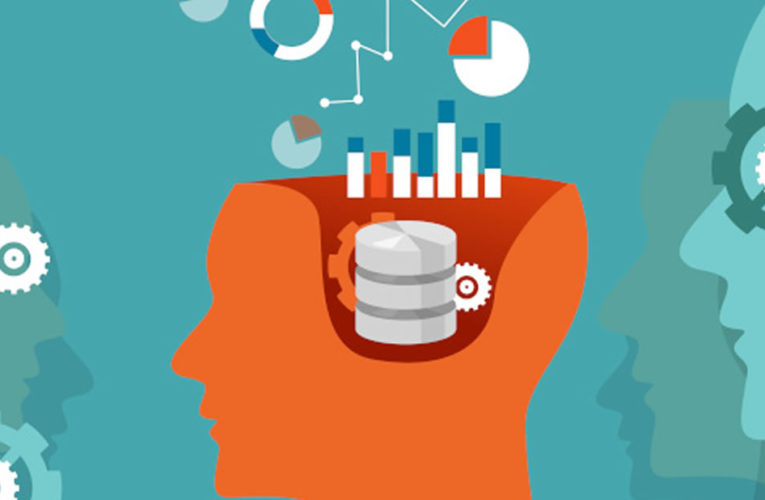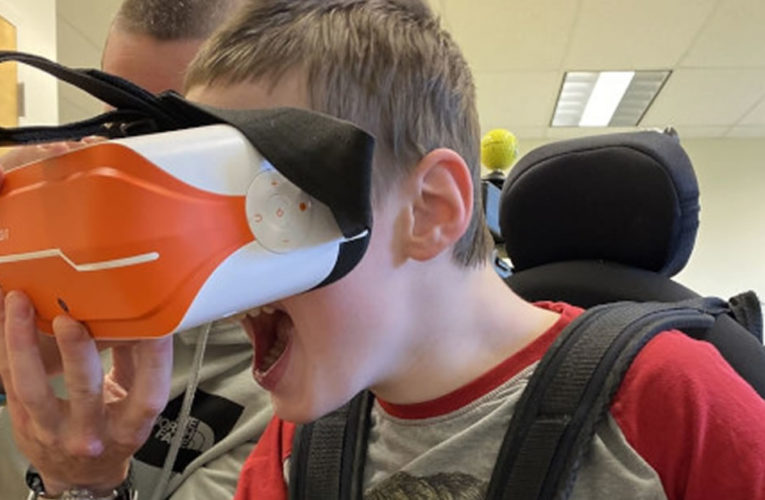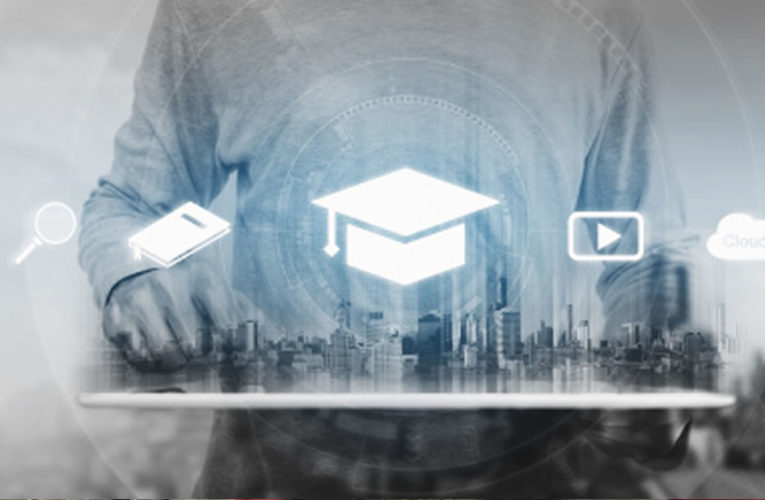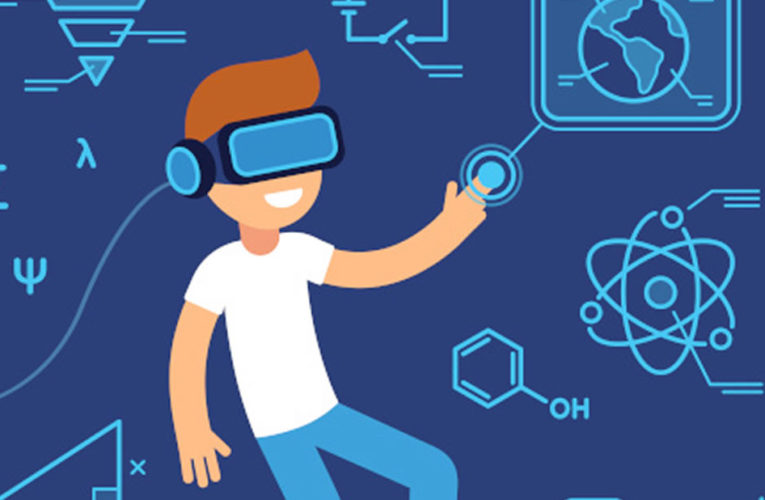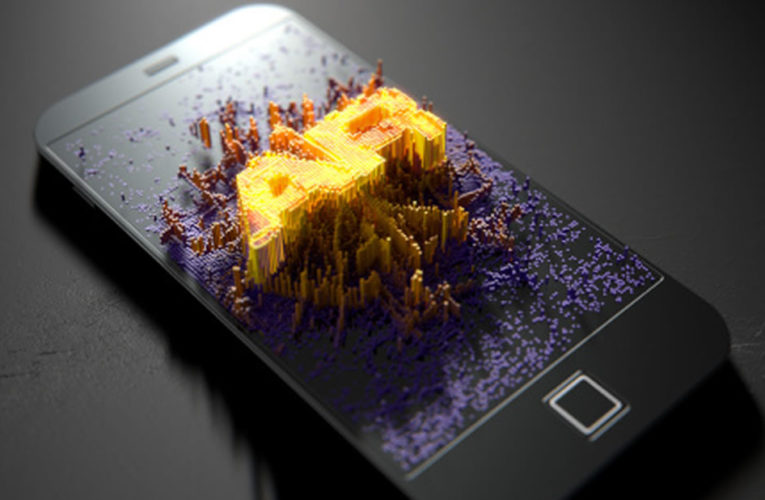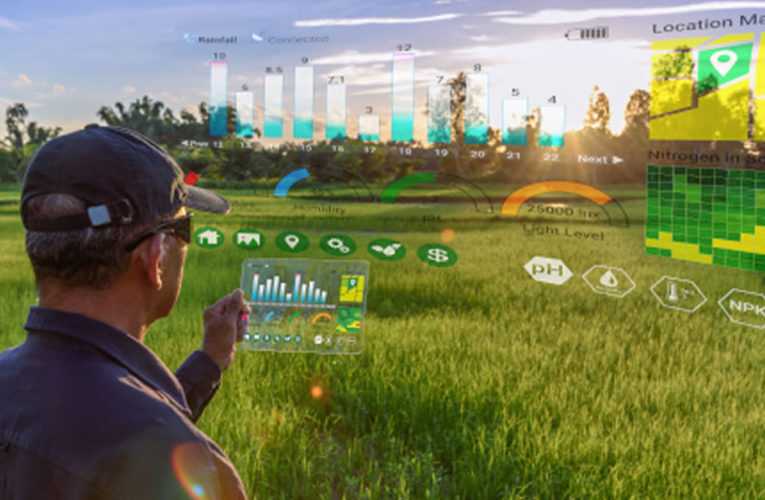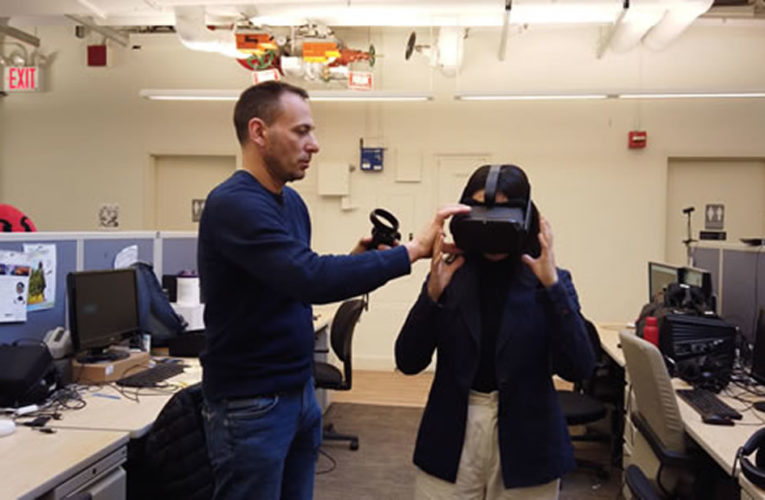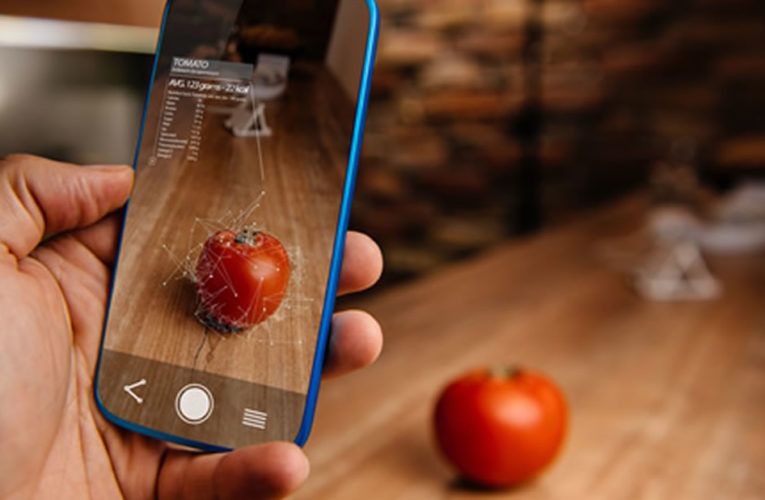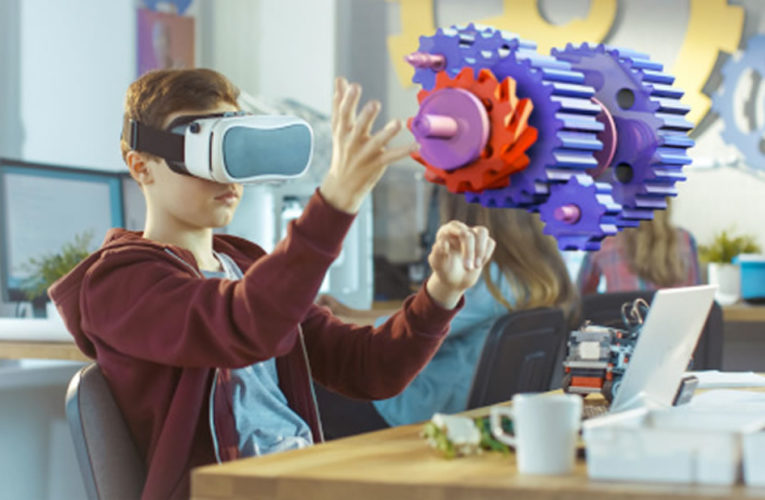3 ways to improve science literacy
Through progressions, practices, and phenomena, science literacy can be boosted through a coherent curriculum
While teachers often experience the same year or course again and again, students and their families can really see how students change over the years in school. Families can see that what students learn each year builds on what has come before. But for that to happen efficiently and effectively, … Read More
